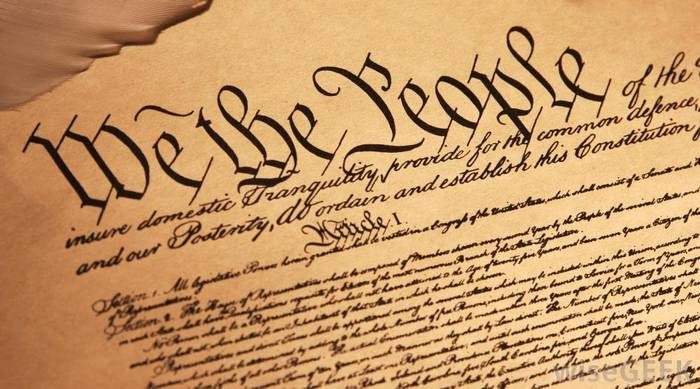Happy Independence Day, America. Let’s return to protecting life, liberty, and property and stop being imperialist
The number one topic of my book is freedom and liberty. In my view, science, technology, market reforms, and legislation follow from freedom and liberty. Without freedom and liberty, you can’t have the other things, but without them you can still have freedom and liberty.
Pollution destroys life, liberty, and property. Our Constitution was built on a premise that a role of government is to protect life, liberty, and property. Usually I think of the Declaration of Independence on July 4, but I’m going to write about the Constitution today.

The U.S. Constitution mixed European Enlightenment thinking with indigenous wisdom of cultures living sustainably that Europeans found as they explored the world. At the time, Europe nearly completely lacked democracy in government. Your status at birth determined your status the rest of your life. People’s political power didn’t change, certainly not from voting.
Quoting from my upcoming book, Sustainability Simplified:
“Benjamin Franklin, Thomas Jefferson, James Madison, James Wilson, John Adams, Thomas Paine, and other Founding Fathers were acquainted with Indian peoples, tribal governments, and indigenous theories of governance” wrote historian Robert Miller.1 Indigenous wisdom contributed to the Enlightenment and American democracy. Miller continued,
Indian nations and peoples impacted the formation of the current U.S. government, the Constitution that created it, and several specific provisions in that document … The hundreds of years of interactions between native nations and English and American colonies, states, leaders, and the United States Founding Fathers shaped the political thinking of both sides and even influenced the development, drafting, and ratification of the U.S. Constitution.
1American Indian Constitutions and Their Influence on the United States Constitution, https://www.jstor.org/stable/24640169?mag=the-native-american-roots-of-the-u-s-constitution
I’m not a constitutional scholar (yet), but I understand the intent of the Constitution was to prevent people from doing what pollution does: take and destroy others’ life, liberty, and property.
Why? Because without that protection, why create if someone can take or destroy your creation with impunity and profit from it? We lose hope for a better future and isolate, ultimately to what we can protect ourselves and immediate family.
Sound familiar?
I have concluded that until we restore that protection, we will be unable to prevent greater hopelessness, lawlessness, and isolation.
By contrast, I expect that restoring that protection will restore hope, respect for law and government, and community. Families will become closer again, not scattered around the nation and globe, complaining that they need to fly to see each other—that is, to destroy others’ life, liberty, and property just to see the people they flew away from, in that process also destroying others’ life, liberty, and property.
Protecting life, liberty, and property is not the only way to see what the U.S. Constitution was designed to fix that living unsustainably has in many ways reversed in practice. Imperialism is another.
An Imperialist Perspective
The U.S. was also founded on no longer being a colony of an empire. Living unsustainably requires taking from others necessary materials. It results in imperialism, colonialism, and slavery.
Driving imperialism is the home market: people buying things the imperial forces and colonizers take. When people in 1800 bought sugar and cotton, they funded more imperialism.
When people in 2024 buy fossil fuel-produced things like plastic and jet fuel, or minerals like cobalt and lithium, we fund more imperialism. We don’t need them to live or thrive, even if we ignore how we fund imperialism, colonialism, and slavery with them. We can start by buying less. Most Americans can drop over 90 percent within a couple years, just on things that improve our lives by not buying.
Read my weekly newsletter

On initiative, leadership, the environment, and burpees